Written by Marie Lecerf,
 On 20 March 2018, the EPRS organised a policy roundtable in the Library of the European Parliament. This is the first of a series of five EPRS roundtables to set a ‘Roadmap for the Future of Europe – From Bratislava to Sibiu’.
On 20 March 2018, the EPRS organised a policy roundtable in the Library of the European Parliament. This is the first of a series of five EPRS roundtables to set a ‘Roadmap for the Future of Europe – From Bratislava to Sibiu’.
Anthony Teasdale, Director General of the European Parliament Research Service welcomed the participants, and the roundtable discussion was opened by Maria- João Rodrigues (S&D, Portugal), Member of the European Parliament Committee on Employment and Social Affairs and of the Committee on Economic and Monetary Affairs. Maria- João Rodrigues first underlined the need for an ambitious vision for Europe in a changing world of digital revolution and deep transformations to our way of life. These changes will have huge consequences for jobs. Ensuring that two key elements are guaranteed for all is therefore imperative: 1) a basic level contract and 2) access to social protection. Rodrigues also added that these changes will impact European education systems deeply, calling for a different form of education, including access to key digital skills. The European Union has a major role to play in this future through the implementation of the social pillar. Rodrigues concluded her keynote speech saying that it is time to seize opportunities to shape the future for the next generation.

Etienne Bassot, Director of the EPRS Members’ Research Service gave the floor to Massimiliano Mascherini, Senior Research Manager at the European Foundation for the Improvement of Living and Working Conditions (Eurofound). According to Mascherini, Europe is now recovering from one of the most challenging periods in its history. A decade of economic turmoil that leaves behind severe macro-economic and social imbalances in many Member States. The undesired adverse effect of the last decade was to amplify differences among Member States in social and economic outcomes: Italy’s long term youth unemployment is more than twenty times higher than that of Denmark. If we are always proud of our diversity in Europe, these are not the differences of which we are proud. Great emphasis is now to be given to the need to promote Member States’ convergence through European and national actions and initiatives. With a view to the construction of resilient societies and with the assumption that economic and social convergence should be fully aligned, there is now a window of opportunity, with the implementation of the European Pillar of Social Rights, to re-start the engine of the European Union ‘convergence machine’.
Max Uebe, Head of the ‘Employment Strategy’ Unit, in Directorate General for Employment, Social Affairs and Inclusion in the European Commission, continued the discussion, highlighting that the fight against youth unemployment remains a key priority for the European Commission and that the Commission has taken more concrete new initiatives to further deliver on the European Pillar of Social Rights. More specifically, the Commission recently presented a proposal for a Council recommendation on access to social protection for workers and the self-employed. In line with the European Pillar of Social Rights, this proposal aims to set a direction for Member States to support access to social protection for all workers and self-employed people, in particular for those who, due to their employment status, are not sufficiently covered by social security schemes. Max Uebe also mentioned other European Commission initiatives in favour of young people, particularly, the European Solidarity Corps and the Youth Guarantee.

Anna Widegren, Secretary General of the European Youth Forum, continued the debate with a more critical point of view, stressing the slow progress as regards youth employment and the inclusion of young people, particularly for minorities (Roma, migrants). Widegren pleaded for more funding for traineeships and better access to social security. Underlining the fact that young people do believe in the European project, Widegren called for the work-life balance package to be put in place, for increased social protection, and for creation of a minimum income framework.
Marie Lecerf, Policy Analyst with the Economic Policies Unit of EPRS then put the debate in perspective, stating that as regards economic and social policies for young people, findings and discussions could be gathered around three words: imbalances, changes and chances. There are imbalances between young people, between the high potential of the young generation and the lack of job opportunities, and between generations. We are now facing changing times in terms of jobs, education and mind-sets. This opens the floor to new chances to be more cooperative when designing social and economic policies for young people, chances to create more reactive mechanisms to a possible new and sudden economic shock, and chances to be more active in pleading now for more investment in youth policies.
The roundtable discussion was followed by a short Q&A session.



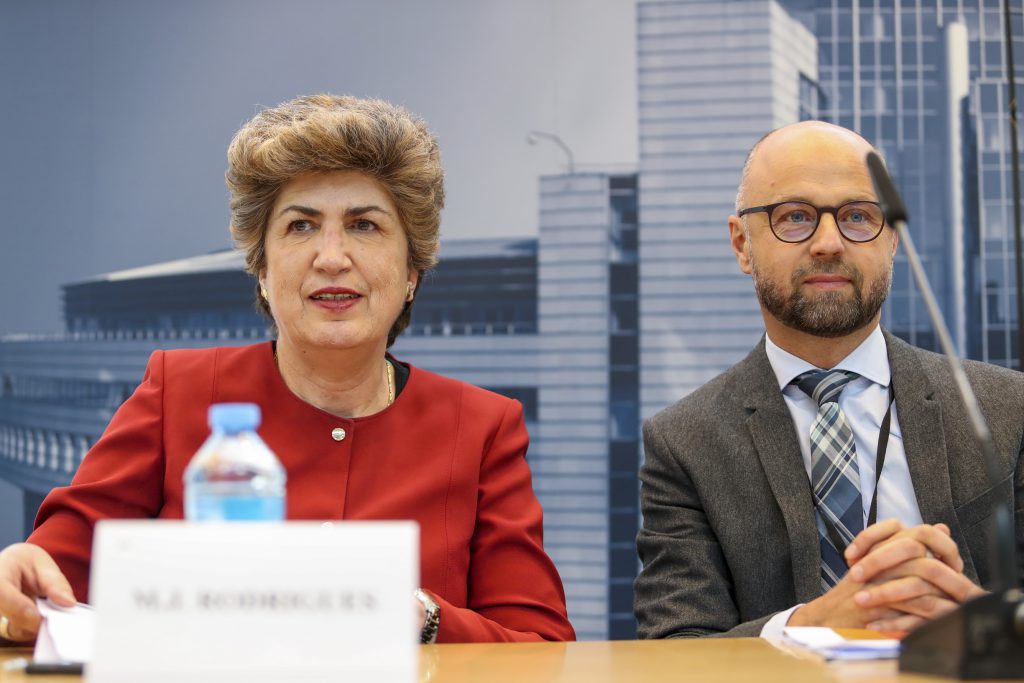
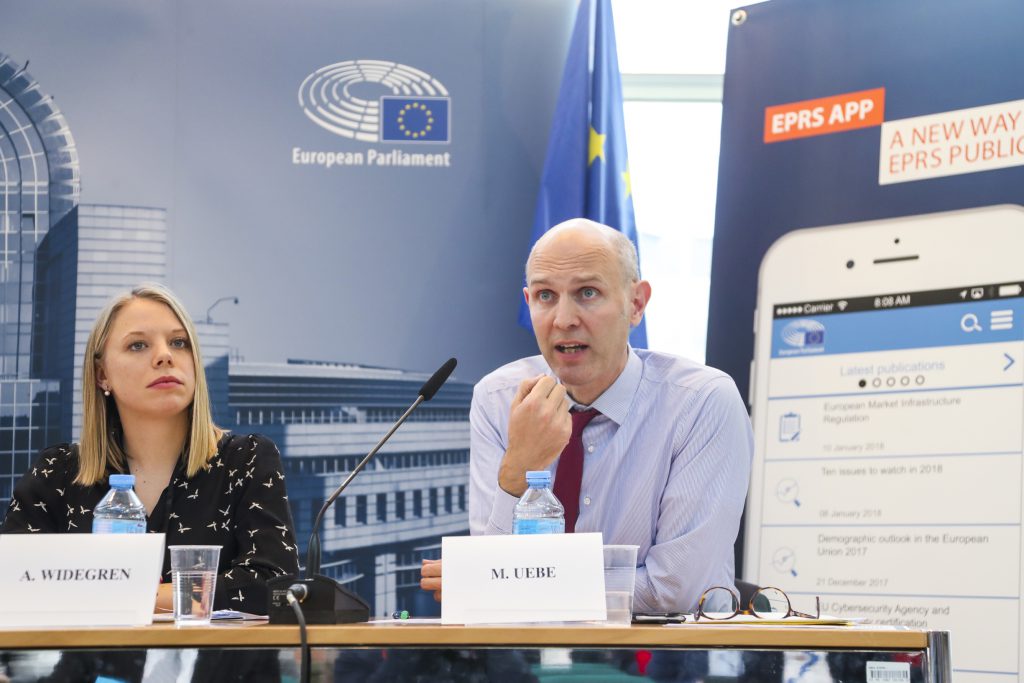
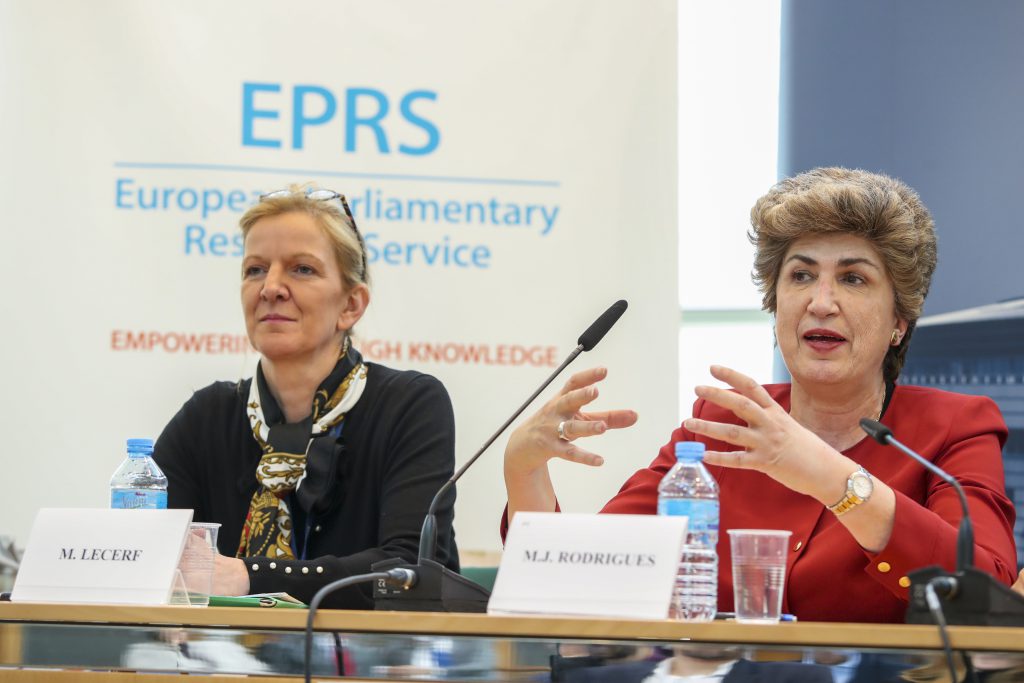
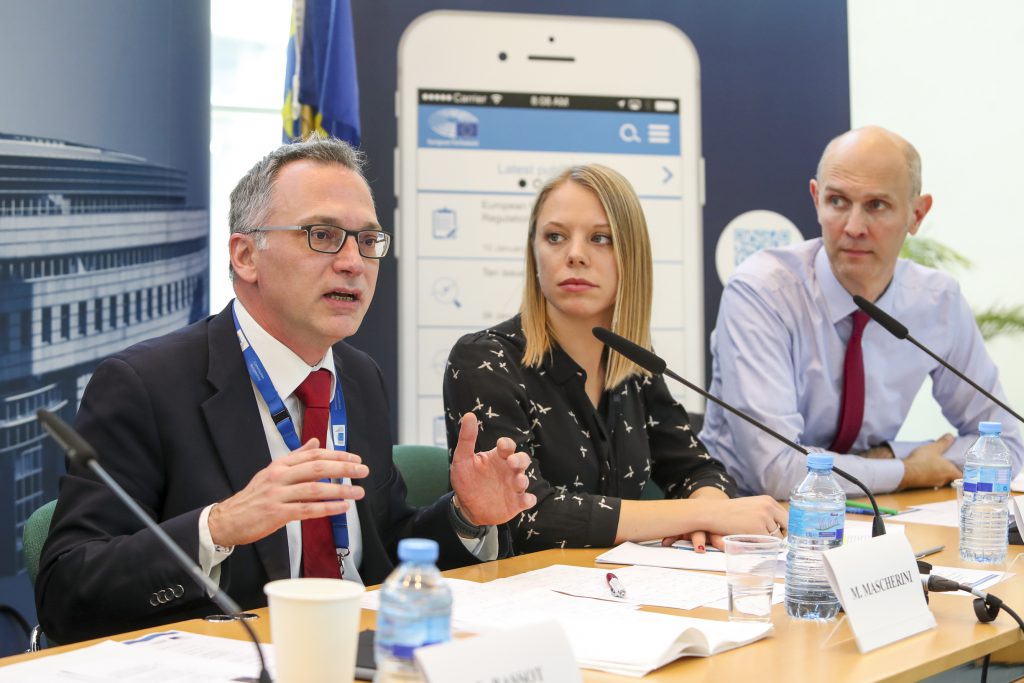
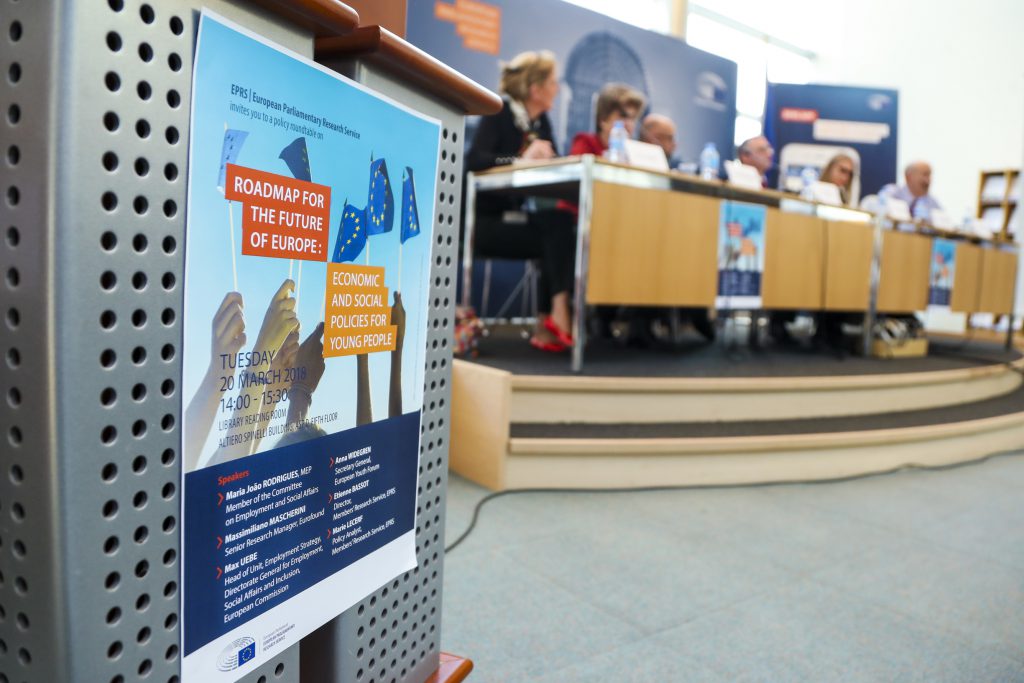
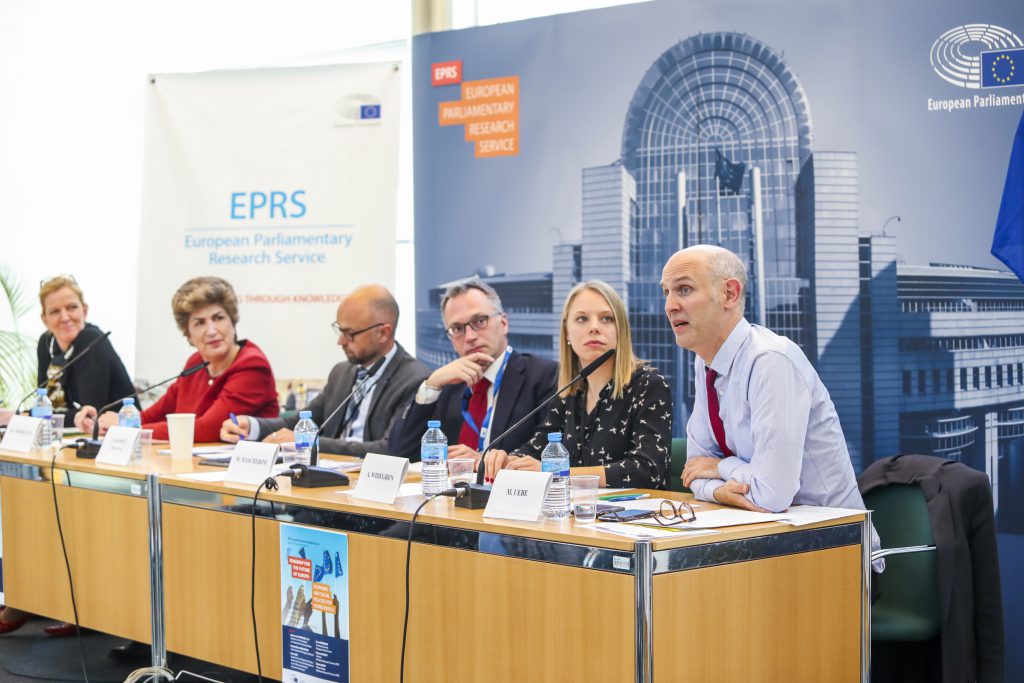






Be the first to write a comment.